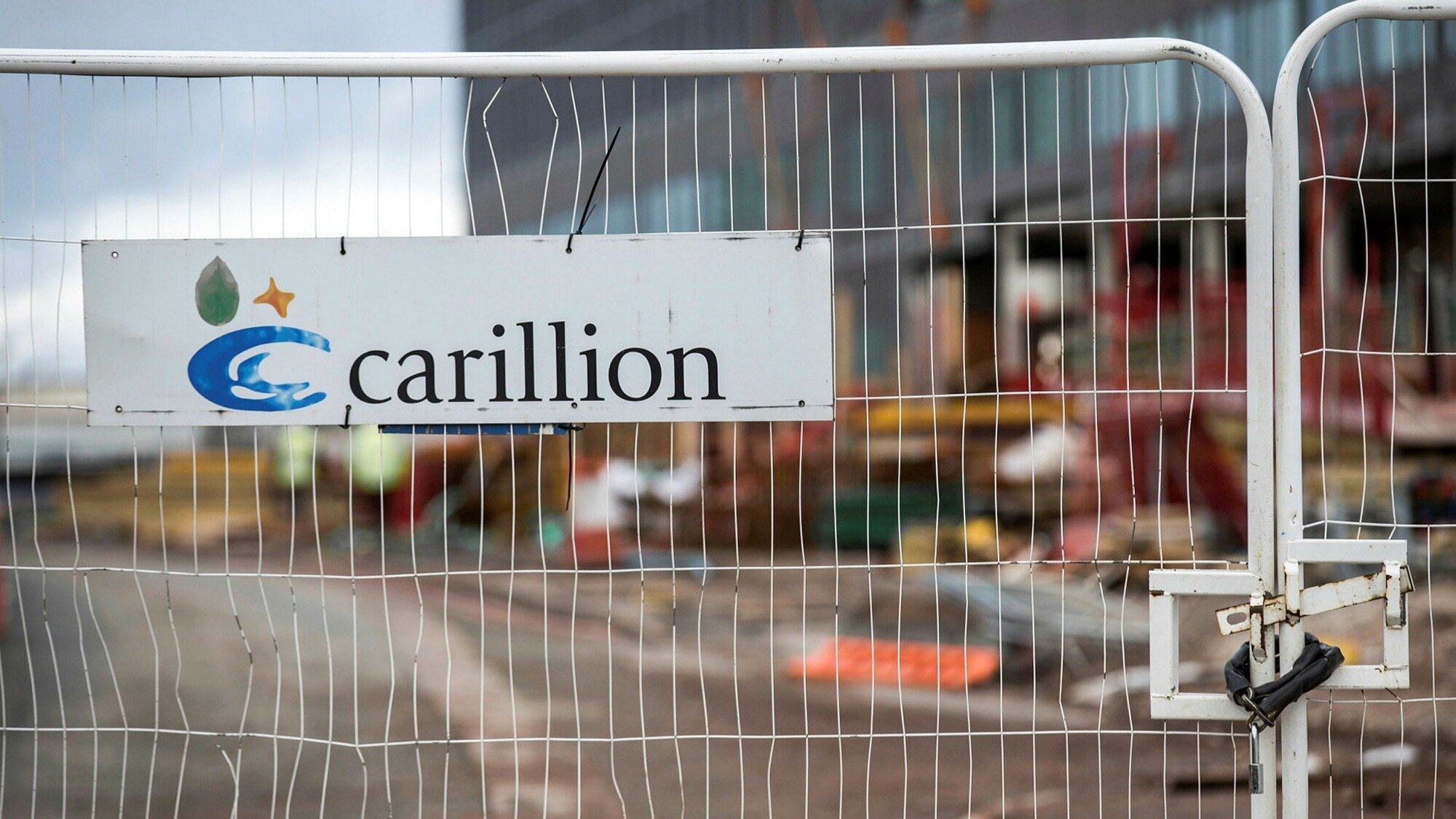
It has been announced that contractors hit by the collapse of Carillion will be able to apply for Government-backed loans as part of a £100m support package.
After a number of contractors have been affected by the collapse of Carillion, high street banks have now agreed to provide support through loans to small and medium-sized businesses and individuals who are owed money by the outsourcing company.
What does this mean for the industry as a whole?
Well, we are aware that the government denied a bailout to Carillion when it placed the once valued £1.6 billion company into liquidation. The collapse of the support services mogul has thrown up a number of issues as to how public-private ventures operate and what fallout can be anticipated when things go wrong.
Those hit most heavily, namely RBS, HSBC, Santander, Lloyds and Barclays, are highly exposed after providing a joint £140m in emergency loans. This being after Carillion’s profit warning which was delivered in July 2017. At the time of its collapse it is recorded that £100m of the £140m emergency loans put in place last September had been used and nearly all of the £790m revolving credit had been drawn.
This raises a number of issues and, in particular, the future financing of similar ventures. Will the industry reign in funding for similar, seemingly successful companies? Will it make lending more expensive, bureaucratically taxing and therefore unreasonable? Will lenders have to re-consider financing these ventures in the future?
Preventative measures.
Ultimately, the real question is: how will lenders ensure that they protect their legal and financial positions going forward to prevent this happening again?
There are several options which will be considered:
Security
Parent Company Guarantees (PCG) in place may provide extra security in respect of the obligations which its subsidiary has undertaken to perform. Such guarantees often remain in force for 12 years following completion of the works so the guarantor’s liability will expire at the same time as the contractor’s liability under the building contract. However, the efficacy of the security depends entirely on the financial state of the parent company – the lender runs the risk of no security if the entire group has become insolvent.
A commonly-used alternative to PCG’s are performance bonds. Similar in the amount of comfort provided, both PCGs and bonds provide guarantees at the outset of a project, but bonds have the added advantage of being called upon even if the whole group has gone down. While performance bonds can be more secure than PCG’s, they do not provide for completion of the contract and are generally limited in duration and financial recovery.
Collateral Warranties
Lender agreements with collateral warranties allow a beneficiary (usually a funder) to ‘step in’ as developer and complete the project; funding the costs and facilitating the works. A funder with these optional rights in place would need to decide whether to cut its losses or invest the substantial costs that Carillion was unable to do in order to finish the project. This requires substantial money upfront and carries all the challenges of the development project, with the additional risk that any replacement construction company may declare the completed work defective thereby requiring the beneficiary to start again from scratch.
Any other reasonable request
As with all lending, the lender is able to make reasonable requests for further security or guarantees during the term of the loan. The enormity of this collapse may cause an unprecedented spike in lenders re-considering their current lending structures. If lenders begin requiring what may effectively be ‘top-ups’ on security, there may be a domino effect throughout the supply chain.
Change in Attitude.
Carillion’s collapse will inevitably cause a more cautious attitude in lenders within the industry, some of the implications being higher interest rates, more security to be offered and, perhaps, a general unwillingness to lend on the commercial terms we have been used to. I suspect that we are yet to feel the real impact of Carillion’s collapse and the attitude of lenders to future lending.
